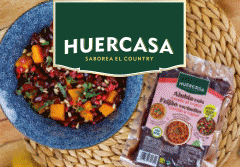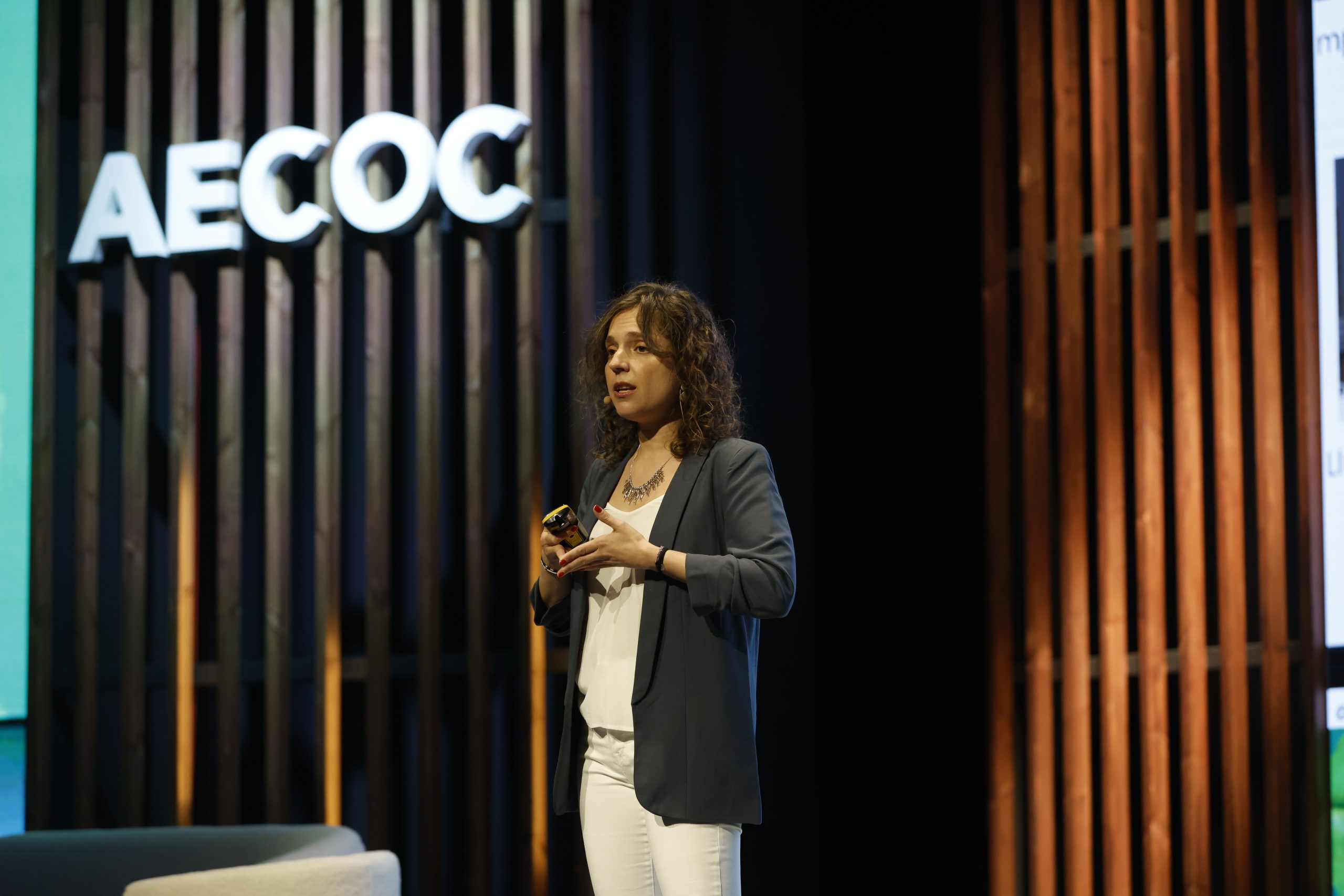While 59% of young people consume fruit and 41% consume vegetables at least once a day, these figures are significantly lower than those for the general population, where daily consumption reaches 71% and 44%, respectively. Despite this, many young people believe their intake is adequate and sufficient, unaware that their actual frequency falls short of health experts’ recommendations.
Consumption increases with life stage
The study confirms that consumption increases with life stage and tends to grow with age, but currently faces clear obstacles: lack of appeal, low convenience, and a perception of high cost. On the other hand, the report identifies the main drivers of fruit consumption as health (97%), taste (55%), and convenience (25%), highlighting its versatile role throughout the day—from breakfast to dessert or snack—through easy and quick formats like seasonal fruit, snacks, juices, or smoothies.
Vegetable consumption, however, is mostly limited to lunch and dinner, typically as ingredients in stews, salads, or soups. Young people reject the traditional dish of boiled vegetables imposed during childhood and seek tastier and more satisfying experiences. This desire for immediate pleasure and gastronomic enjoyment overrides the perceived sacrifice of eating vegetables—especially when flavors are intense, textures unappealing, or preparations require too much time and effort.
Convenience—understood as ease of preparation, speed, and waste reduction—emerges as a key factor. Young people particularly value products that fit into their routines and limitations and express frustration with fruit and vegetables that spoil quickly, are difficult to prepare, or require special tools. In fact, 72% cite convenience as the main barrier, followed by enjoyment (30%) and cost (26%).
The study points toward a clear strategy: revamping the current image of fruit and vegetables—healthy but boring and complicated—into one that is more appealing and easy, even if it slightly compromises on health. This involves direct and engaging communication via channels frequented by young people, exploring simple and visual recipes, new formats (juices, snacks, pre-prepared), innovative flavors (exotic, spicy), and processed products that enhance the experience without losing their essence.
RELATED NEWS: Who will pay the price?
Emerging trends such as sustainability, organic products, eco-friendly packaging, food technology, new formats like freeze-dried fruit, real fooding, and veganism coexist with current realities. However, practicality, taste, and affordability remain top priorities for young consumers, above ideological or environmental concerns. In this context, processed products play a key role. While they raise concerns about additives or straying from home cooking, they provide an effective alternative to increase vegetable intake, save time, and reduce waste.
David Córdova, CEO of VINCES, defended lobbying as a legitimate and necessary activity in today’s era of hyper-regulation in the agri-food sector. He explained how the proliferation of regulations—from the EU to regional levels—directly impacts costs and business viability. Córdova pointed to specific examples such as packaging and waste regulations, estimated to cost the food industry over €2 billion, and denounced excessive regulation as a competitiveness barrier that requires strategic management of institutional influence.
The need to professionalize lobbying
He also addressed the legislative decision-making process, marked by complexity, fragmentation, and increasing ideological bias, involving political, regulatory, social, and economic actors. In this context, he stressed the need to professionalize lobbying—acting proactively, with legitimacy, and participating in technical debates and political negotiations. He concluded that defending business interests in the public sphere is essential to ensure that regulations serve the public good without stifling the productive sector.
Fernando Miranda, Agriculture, Fisheries and Food Counsellor to Spain’s Permanent Mission to the UN and International Organisations, gave a critical reflection on the transformation of international agri-food trade, marked by the crisis of the multilateral system and the weakening of the WTO. He highlighted how the rise of protectionism—particularly from the United States with new tariff policies—has caused trade tensions, destabilized supply chains, and jeopardized global food security.
Miranda also defended the essential role of agri-food trade in connecting surplus and deficit regions and positioned Spain as an export powerhouse in fruits, vegetables, olive oil, and wine—albeit dependent on raw material imports. He warned of the potential impact of new tariffs on Spanish exports to the US and the absence of a new global trade order, with a powerless WTO and a European Union criticized for its regulatory stance. He concluded that current geopolitics go beyond trade and call for a global strategic reconfiguration.
Now in its 27th edition, the AECOC Fruit and Vegetable Congress has become the leading event for the entire fruit and vegetable value chain, bringing together over 700 professionals.




















